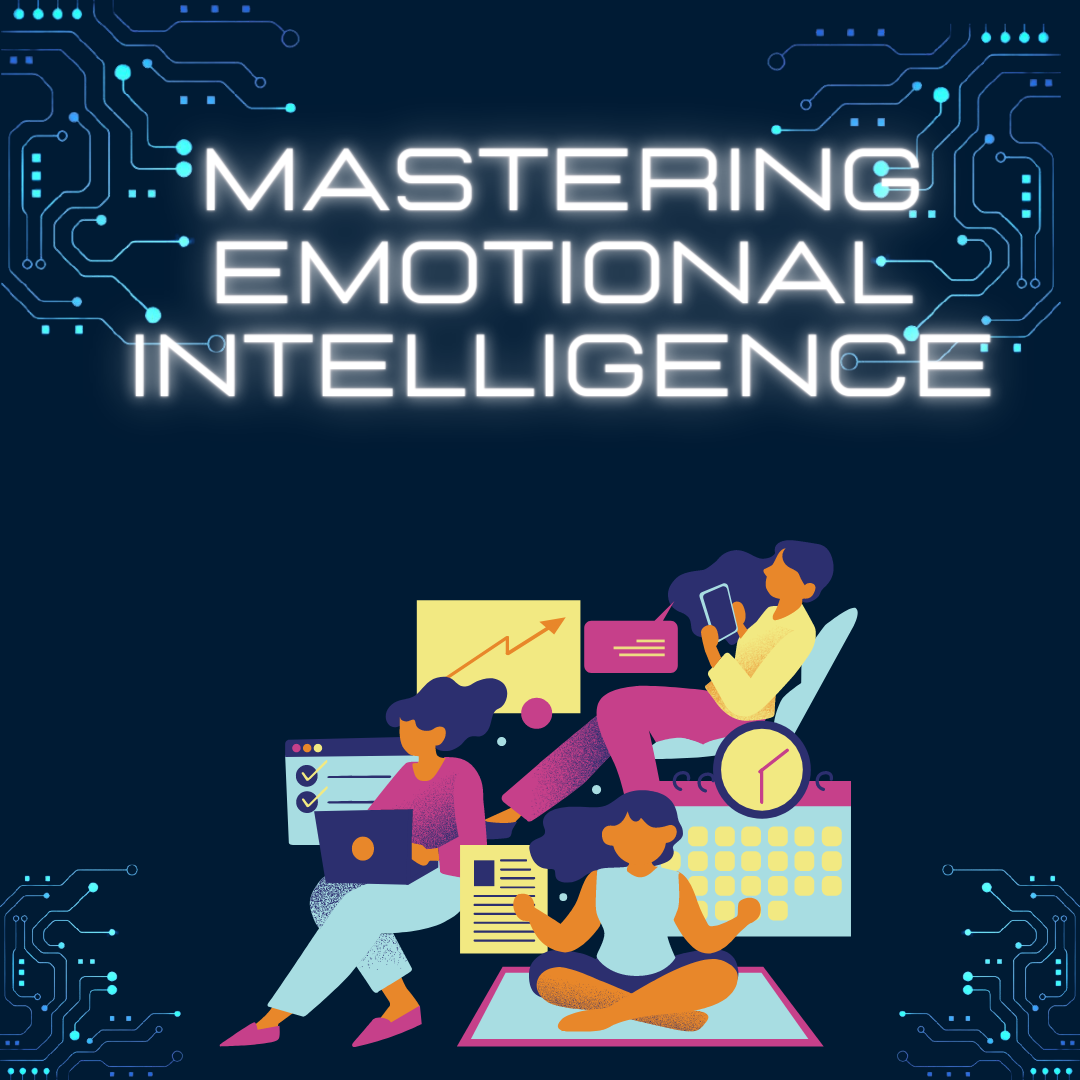


The Ultimate Key to Resolving Any Conflict, 01 May 2023

Conflict is an inevitable part of life. It can arise in any sphere of life, personal or professional. So emotional intelligence plays a crucial role in conflict resolution. Emotional intelligence is the ability to recognise, understand and manage one's own emotions, as well as the feelings of others. It includes controlling emotions, empathising with others, communicating effectively, and resolving conflicts peacefully.
Emotional intelligence is essential in conflict resolution because it helps individuals to understand the emotions of others and their own. It enables them to respond appropriately to different situations and control their emotions in difficult situations. Emotional intelligence also helps individuals to communicate effectively, which is essential in resolving conflicts.
There are different ways of using emotional intelligence to resolve conflicts. Firstly, passionate, intelligent people can recognise the emotions of others and their own. This helps them understand the competition's root cause and respond to it appropriately. Secondly, emotionally intelligent people can control their own emotions. This means that they can stay calm and composed even under challenging situations. Thirdly, passionate, intelligent people can empathise with others. This means they can put themselves in the shoes of others and understand their perspective. This helps in finding a solution that benefits everyone involved.
Reasons why emotional intelligence is essential in conflict resolution:
Understanding emotions is one of the most significant advantages of emotional intelligence in conflict resolution. People's feelings are often at the root of conflicts. Understanding how someone feels and why they feel that way can help de-escalate a situation.
High emotional intelligence means being aware of your emotions and how they affect your behaviour. By understanding your feelings, you are better equipped to control your responses during a conflict. This can help prevent the situation from escalating further.
Empathy is the ability to understand and share another person's feelings. It is a crucial skill in conflict resolution because it allows you to see the situation from the other person's perspective. When both parties can empathise, it's easier to find common ground and come to a resolution.
Active listening means genuinely hearing what the other person is saying and understanding their point of view. It requires focus and attention, and it's an essential part of resolving conflicts. Active listening can help prevent misunderstandings and promote effective communication.
Conflict resolution isn't about winning or losing – it's about finding a solution that works for everyone involved. Collaborative problem-solving consists in working together to find a mutually beneficial solution. Emotional intelligence can help foster this type of problem-solving by promoting open communication and a willingness to compromise.
Emotional regulation is the ability to manage emotions in response to a situation. During a conflict, emotions can run high, and it's essential to be able to regulate them to prevent the problem from escalating. Emotional intelligence can help you recognise when you're getting too emotional and take steps to calm down.
Resilience is the ability to bounce back from difficult situations. Conflicts can be challenging, and it's essential to recover from them. Emotional intelligence can help you develop resilience by teaching you how to manage your emotions and focus on finding a solution.
Emotionally intelligent people have specific characteristics that set them apart from others. They are good listeners, and they communicate effectively. They can also control their own emotions, which helps them stay calm and composed in difficult situations. They are empathetic, which means that they can understand the feelings of others and respond to them appropriately. They are also able to find a solution that benefits everyone involved.
In conclusion, emotional intelligence plays a crucial role in conflict resolution. We can resolve conflicts effectively and achieve positive outcomes by understanding emotions, practising self-awareness, empathy, active listening, collaborative problem-solving, emotional regulation, and resilience. Whether in our personal or professional lives, developing emotional intelligence can help us navigate difficult situations and build stronger relationships.
We appreciate your time in reading our blog! At Inspirito, we’re passionate about
providing high-quality back office and customer support services delivered digitally. Our
services enable businesses to streamline operations and concentrate on their core
Competencies.
Please get in touch if you want to learn more about how we can assist your business.
Our team will gladly answer any questions and provide a solution tailored to your
requirement.
By Sooraj Bagdia, 17 Jan 2016
By How to boost your business with social media?, 05 Apr 2017
By Sooraj Bagdia, 28 May 2017
By Sooraj Bagdia, 29 Mar 2020
By Sooraj Bagdia, 30 Mar 2020
By Sooraj Bagdia, 01 Apr 2020
By Sooraj Bagdia, 09 Apr 2020
By Sooraj Bagdia, 10 Apr 2020